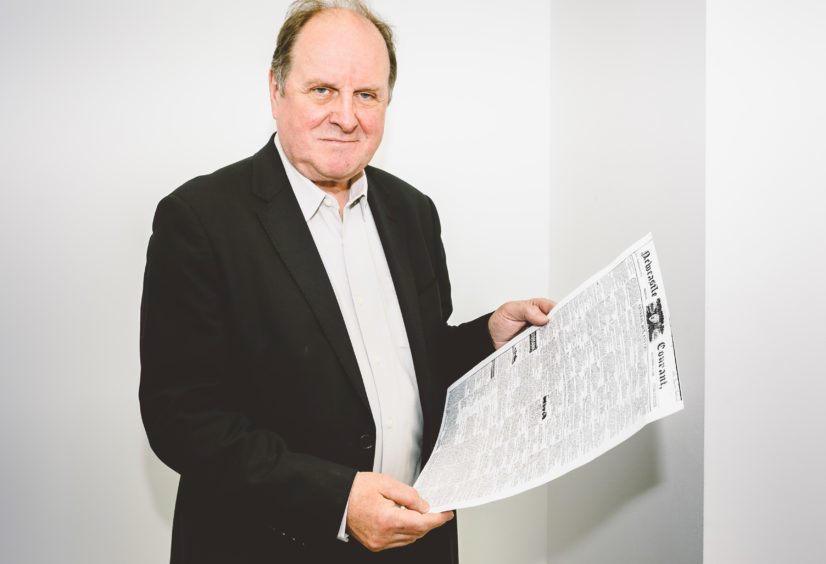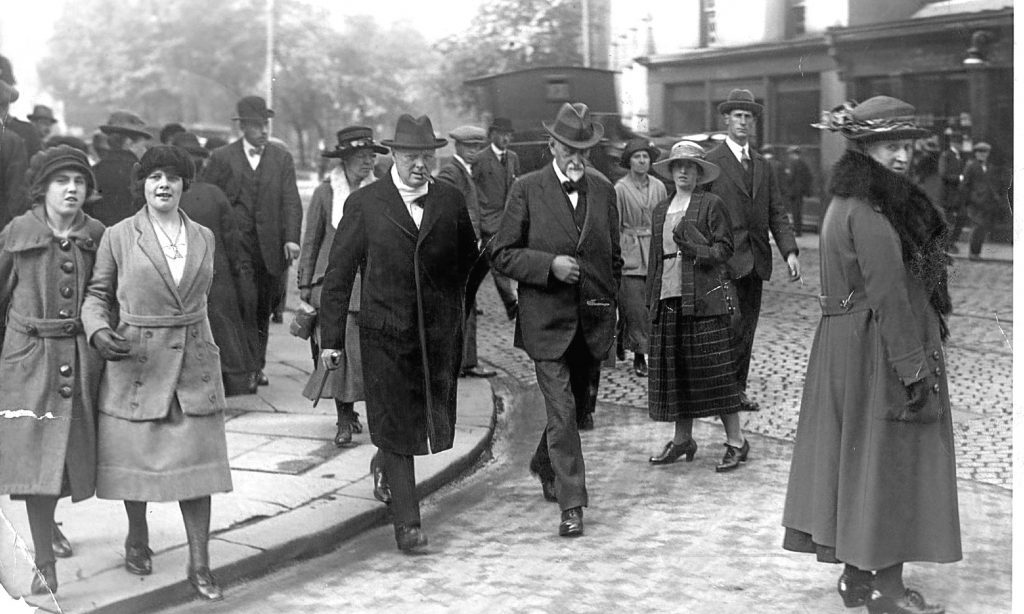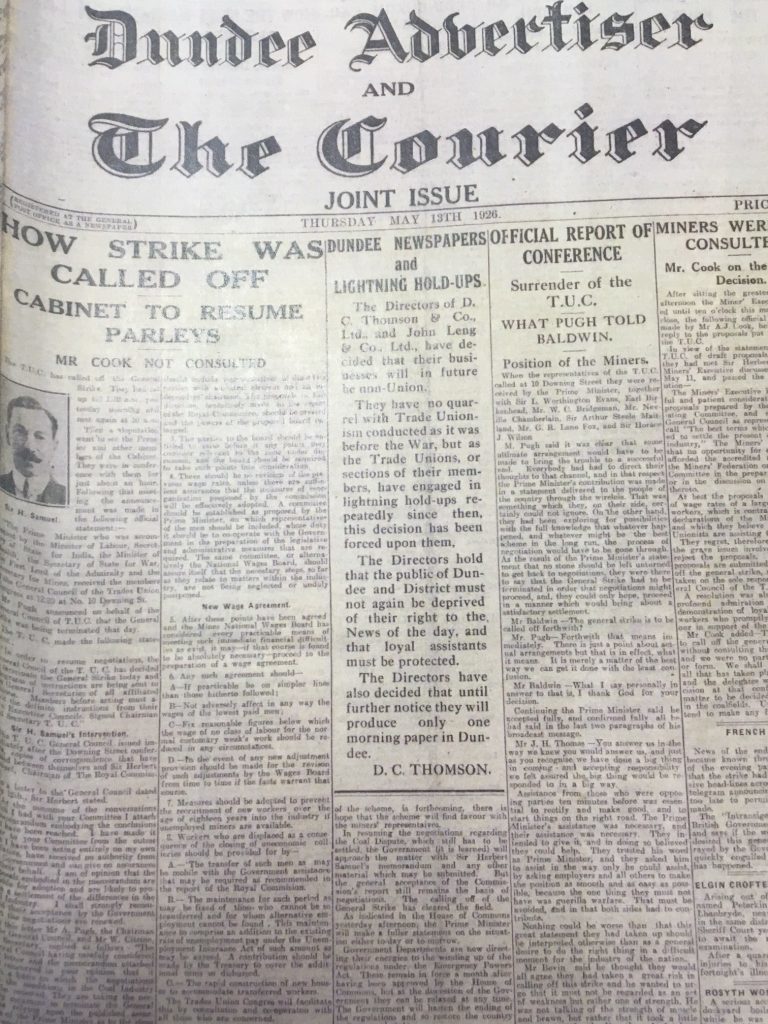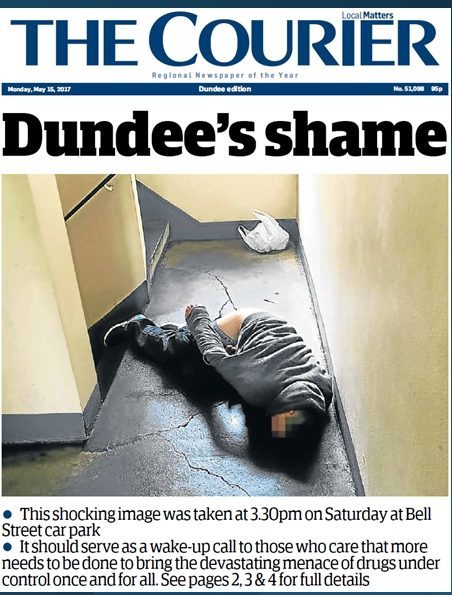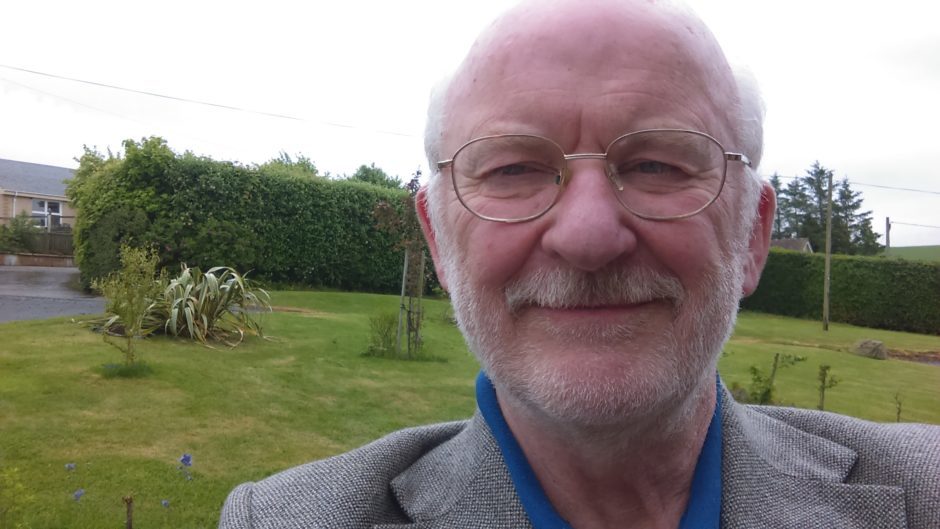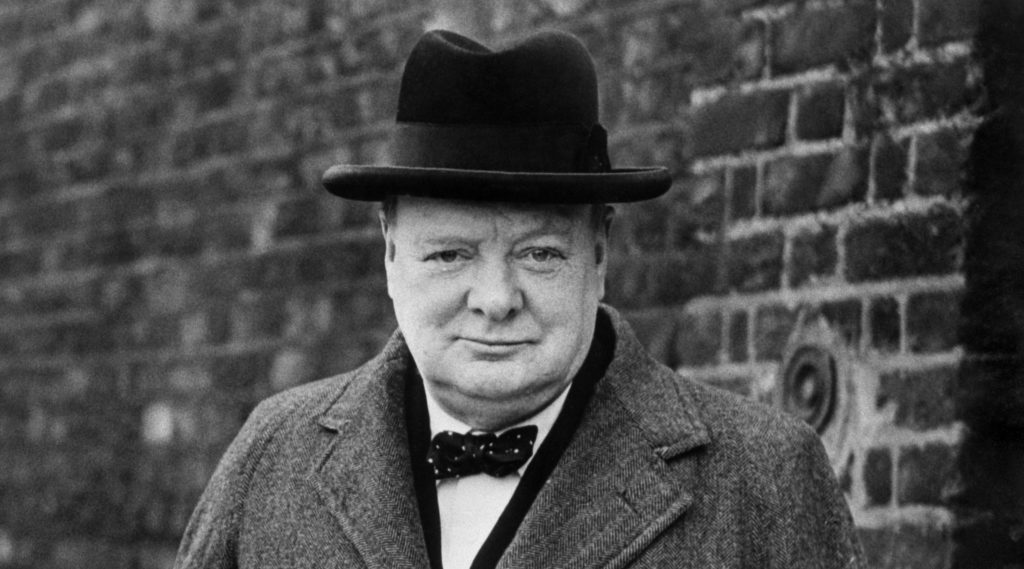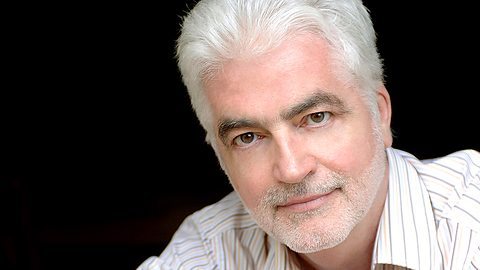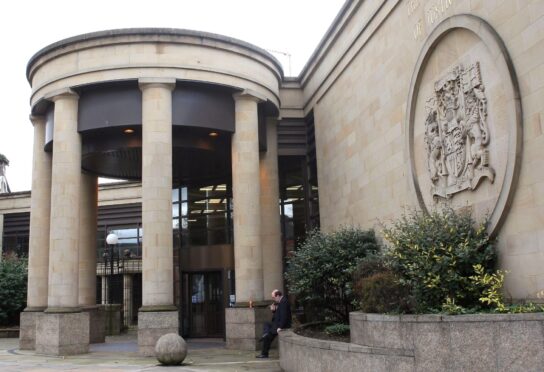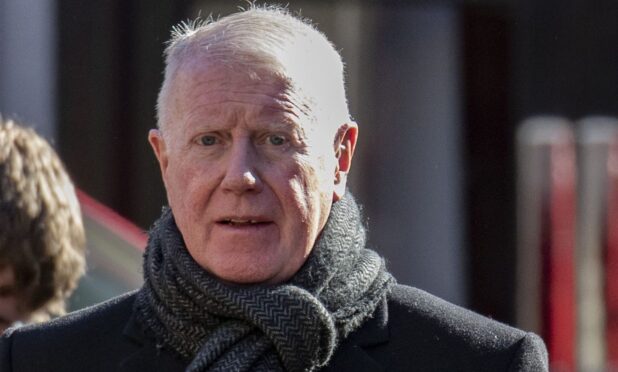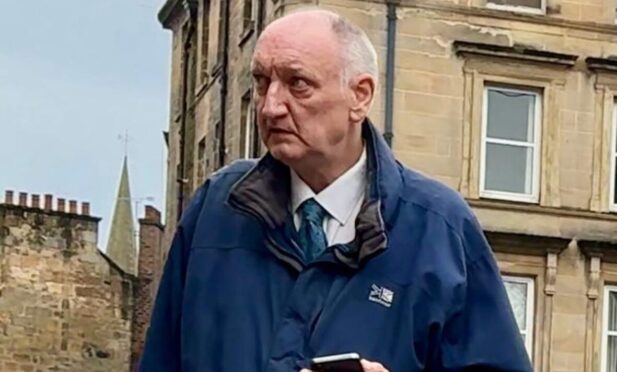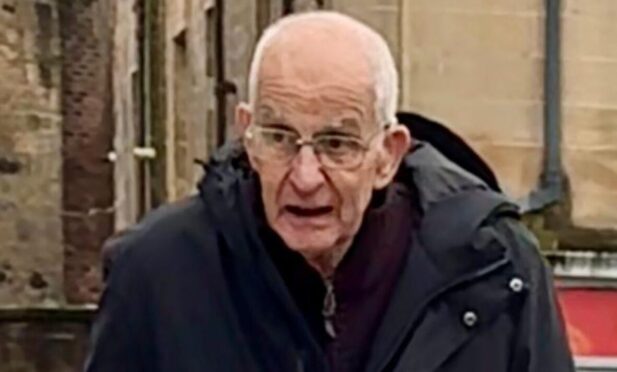The front page of The Courier from November 16, 1922, is the focus of a new BBC Radio 4 documentary. Michael Alexander spoke to the Angus-raised producer.
It was a time when Dundee had a reputation for despair, drunkenness and disorder.
For the poorest people in the city, low wages, long hours and little food meant life was hard, with many trying to escape life and poverty through alcohol.
Dundee had suffered a particular heavy toll during the first World War, and as peace prevailed, politicians promised ‘homes for heroes’.
But as the world’s economy slumped in the post-war years, and as spending cuts bit, new long-term unemployment was heaped upon the old ills of overcrowding, malnutrition and high infant mortality.
As the 1922 general election approached, Dundee’s working class voters – who had only been given limited voting rights since 1918 – were ready to have their say, as were ex-servicemen who had been promised decent houses which never materialised and penniless war widows who were struggling to make ends meet.
Sir Winston Churchill of the ruling Liberal Party had been an MP for the city since 1908.
But having alienated the working classes, having refused to back women’s suffrage, and having sent British troops into Ireland, he was to pay the price by being kicked out by Dundee voters.
He was defeated by Scottish Prohibition Party founder Edwin Scrymgeour – the only person ever elected to the House of Commons on a prohibitionist ticket, who was convinced that banning alcohol would banish the city’s desperate social problems.
Today, such a significant moment would undoubtedly be splashed across the newspaper front pages in banner headlines.
But when The Courier and Argus published on November 16, 1922 – the day after the election – you’d have had to look very closely to spot Scrymgeour’s announcement of a victory rally.
That’s because the front page of The Courier in those days carried classified adverts – as it would continue to do so until 1992.
In fact, until relatively late in the 20th century, most newspapers carried classified ads instead of news on the front page.
A BBC Radio 4 history series has been taking these adverts as a snapshot of the history of a time and place in towns and cities around the UK.
And on Wednesday June 6 the Classified Britain series, presented by former Today Programme anchor James Naughtie, will spotlight the November 16, 1922, edition of The Courier.
Producer John Forsyth, 67, a former political editor of Scotland on Sunday and former head of press office for Oxfam who ran his own independent production company in Scotland for 10 years, said it was “great” working with Jim.
“I think we have a similar style of curiosity and a similar fascination with the back stories of history,” he said, explaining how The Courier programme was the fifth and final in a series that included the Hereford Journal of January 1, 1800, and the Manchester Mercury of August 17 1819 – the day after the Peterloo Massacre when cavalry charged into a crowd of 80,000 in Manchester who had gathered to demand the reform of parliamentary representation.
However, having grown up at Lintrathan near Glen Isla, the Borders-based former Webster’s High School, Kirriemuir, pupil, whose mother still lives in Forfar, has a particular interest in The Courier episode.
“I invented a phrase called ‘targeted random choice’ to decide what date we looked at in the British newspaper archive,” explained John.
“It wasn’t so much the big story of the day that I was interested in than the ‘hidden between the lines’ stories that could be found in the adverts around them.
“So in The Courier of November 16, 1922, one of the adverts was for Scrymgeour’s election rally. We were more interested in him than Churchill’s defeat.
“But we also had adverts for the colonial department recruiting clerks and engineers for Ceylon, Nigeria and South Africa, and the city’s fashion shops are competing for the custom of the wives and children of the jute mill owners.”
John explained how Dundee University historian Chris Whatley was able to explain how the First World War had been good for the jute industry but the end of hostilities led to the industry’s depression and a mass exodus of skilled labour.
Newport-based broadcaster Billy Kay talks about the links Dundee docks had with the world.
He described 1922 Dundee as being “just like a third world city” with a powerful oligarchy at the top and huge working class population beneath.
He contrasts the abject poverty faced by many with stories of Dundee High School children being dropped off at the school gates in the family Rolls Royce.
The programme also hears how the city’s wealthy elite would “keep up appearances” through the latest fashion.
Yet the price of a little boy’s jacket advertised in The Courier at the time was far more than most working peoples’ wages would ever stretch.
“Adverts ultimately transformed the hustle and bustle of the marketplace into newsprint,” added John, “so you could take it home or to the inn to pore over at your leisure. These front page ads really give us a snapshot of time.”
* Classified Britain: Dundee Courier November 16, 1922, broadcasts on BBC Radio 4 at 9.30am on Wednesday June 6. It will also be available on BBC iPlayer.
